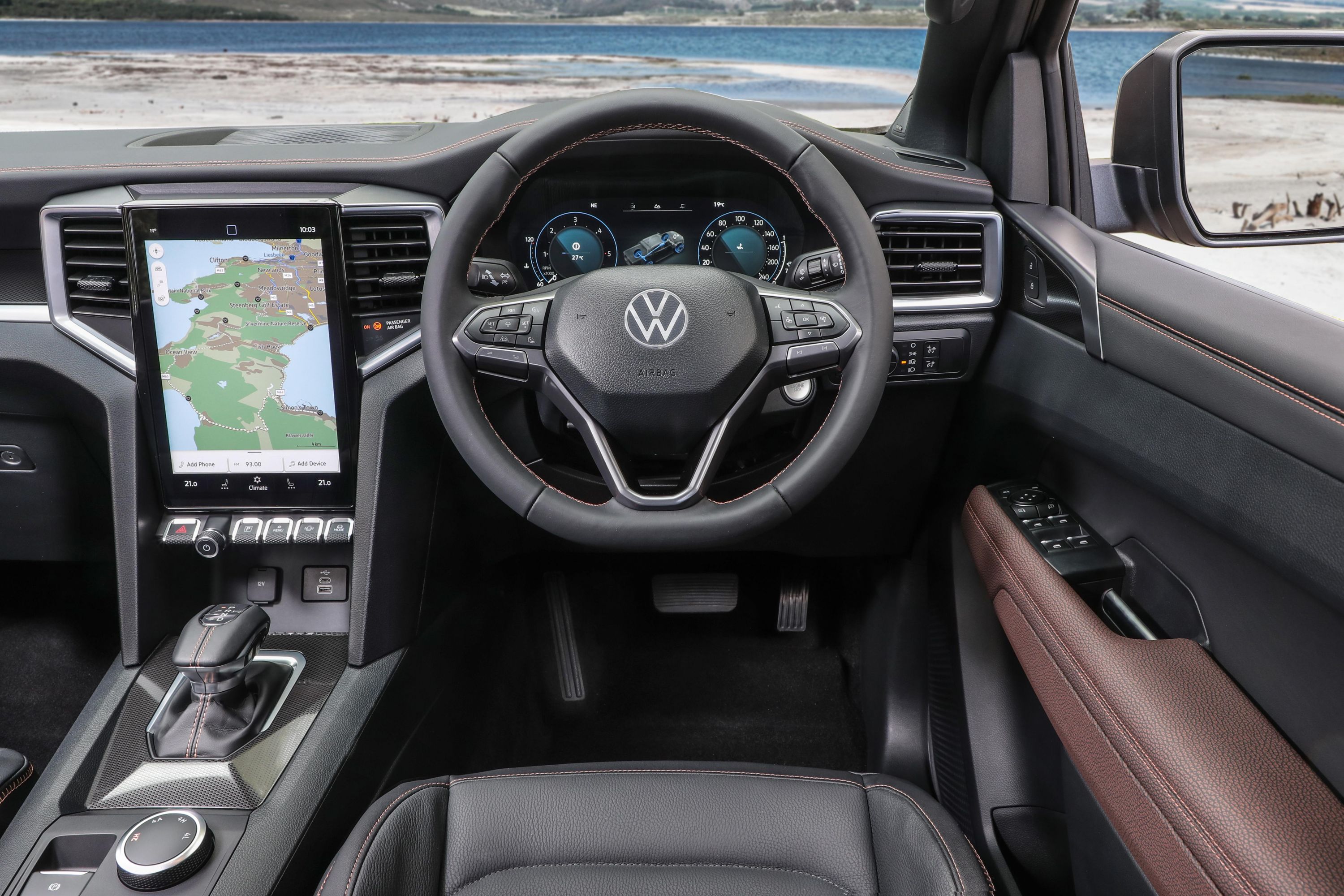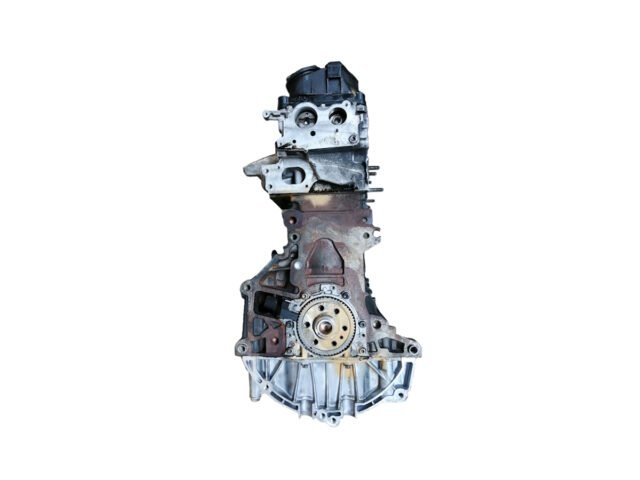Top-notch Amarok Engine for Sale-- Have A Look At Our Unique Range and Offers
Vital Considerations and Tips for Choosing the Right Engine for Your Demands
Picking the best engine is a complex decision that calls for careful factor to consider of various variables to make sure optimum efficiency for your certain demands. The ins and outs of engine choice prolong past these essentials, motivating a more detailed assessment of important elements that can inevitably influence your fulfillment and success.
Determine Your Purpose
Determining your purpose is an important primary step in picking the ideal engine for your needs. Understanding the specific application you have in mind will certainly direct your decision-making procedure and guarantee that you choose an engine that lines up with your operational needs. Whether you require an engine for a business automobile, industrial equipment, or a leisure task, each scenario needs various performance attributes and capabilities.
Think about the environment in which the engine will operate. Will it go through heavy lots, extreme temperature levels, or prolonged usage? Evaluating these factors will assist you identify the required power outcome, fuel effectiveness, and durability needed to fulfill your goals.
Additionally, think of the long-term ramifications of your selection. Budget restrictions, maintenance demands, and schedule of parts are necessary considerations that will certainly influence your overall satisfaction and functional performance.
Eventually, articulating your purpose will certainly simplify the selection procedure and equip you to make a notified decision. By plainly defining your purposes, you can examine possible engines a lot more successfully and pick one that not only meets your existing needs but also sustains your future objectives.
Evaluate Engine Requirements
When you have plainly verbalized your purpose, the following action is to assess engine requirements. This procedure includes a thorough evaluation of different technical details that can substantially impact performance and viability for your planned usage.
Begin by examining the engine's horsepower and torque ratings. Horse power is essential for identifying the engine's capability to carry out job, while torque is important for comprehending how well it can deal with hefty tons or velocity. Furthermore, consider the engine displacement, as it frequently correlates with power result and efficiency.
Following, analyze the engine typeâEUR" whether it is a gas, diesel, or alternate gas engineâEUR" as each type has distinct characteristics and applications. Take notice of the engine's setup (e.g., inline, V-type), as this can impact size, weight, and overall performance.
Another vital facet is the engine's cooling system, which can affect dependability and maintenance demands. Examine the manufacturer's credibility and service warranty offerings, as these can provide understandings right into long-lasting performance and support. Completely assessing these specifications will certainly aid make sure that you pick an engine that lines up with your functional objectives and certain demands.
Take Into Consideration Gas Efficiency
Fuel efficiency is a critical factor to consider when selecting an engine, as it directly impacts functional expenses and ecological sustainability. An engine's gas efficiency is commonly determined in miles per gallon (MPG) a knockout post for automobiles or in particular fuel usage (SFC) for aircraft and marine engines. Higher gas efficiency not only minimizes the amount of fuel taken in however likewise reduces greenhouse gas emissions, making it a responsible choice for eco-conscious customers.
When reviewing engine options, it is necessary to examine the driving problems and meant usage. Engines optimized for freeway driving might display much better gas performance compared to those developed for stop-and-go web traffic. Additionally, take into consideration the engine's technology, such as turbocharging or crossbreed systems, which can significantly enhance gas effectiveness.

Assess Upkeep Needs

Some engines might call for even more frequent oil changes, filter substitutes, or specialized servicing, which can affect your functional downtime. Engines with prevalent popularity usually have much better components accessibility, minimizing lead times throughout fixings.
An additional important element is the technological competence required anonymous for upkeep. Some engines may require customized training for specialists, which can restrict your options for provider. Moreover, analyze whether the engine's layout enables easy access to elements commonly requiring maintenance, as this can significantly impact labor expenses.
Budget Plan Your Investment
Recognizing upkeep requirements is just one element of selecting the appropriate engine; economic factors to consider play a similarly essential duty (amarok engine for sale). Developing a clear budget is crucial, as it affects not only the initial acquisition rate however additionally long-term operational expenses
When budgeting, think about both the recurring costs and in advance expenses such as fuel performance, maintenance, and prospective repair work. A relatively budget friendly engine might incur higher expenses gradually because of poor fuel economic situation or constant upkeep needs. In addition, review the availability and expense of extra parts, as well as the service warranties offered by suppliers, which can offer financial security versus unanticipated costs.
It is likewise smart to factor in possible financing alternatives or renting setups, which might minimize instant monetary problems. Balance your desire for advanced attributes with your spending plan restrictions, making certain that you purchase an engine that satisfies your efficiency needs without compromising economic stability.
Eventually, an all-around spending plan will equip you to make educated choices, straightening your engine option with both your financial capacities and functional demands, leading to an extra sustainable investment over time.

Final Thought
In conclusion, selecting the ideal engine necessitates an extensive understanding of particular requirements and applications. Careful assessment of engine requirements, fuel efficiency, and upkeep requirements is important for informed decision-making. Furthermore, developing an extensive budget plan makes certain that both recurring and preliminary costs are manageable. By sticking to these considerations, organizations and individuals can make a sustainable financial investment that lines up with their functional goals and efficiency assumptions, ultimately enhancing total efficiency and efficiency.
Fuel effectiveness is an essential variable to take into consideration when selecting an engine, as it straight impacts functional prices and environmental sustainability. An engine's fuel efficiency is normally determined in miles per gallon (MPG) for automobiles check my blog or in details fuel consumption (SFC) for airplane and aquatic engines. Diesel engines normally give far better gas effectiveness than gas engines. Ultimately, picking an engine with a solid emphasis on fuel performance can lead to significant long-term cost savings and add positively to ecological efforts. Mindful assessment of engine specifications, gas efficiency, and upkeep needs is crucial for notified decision-making.